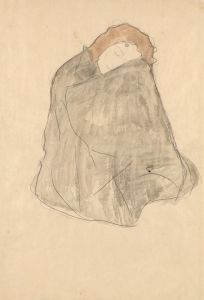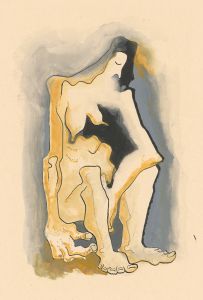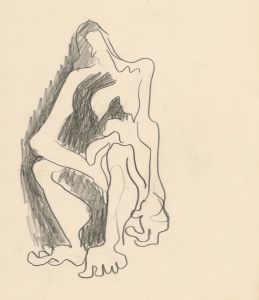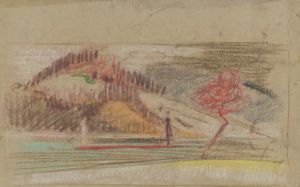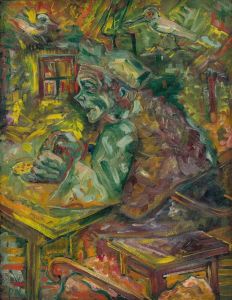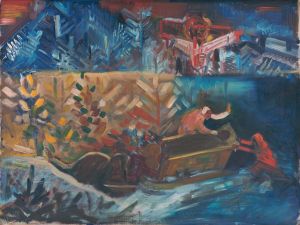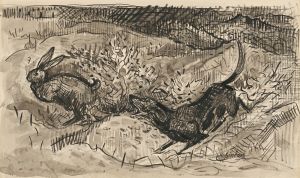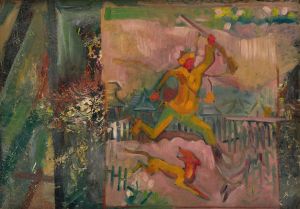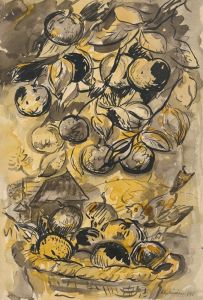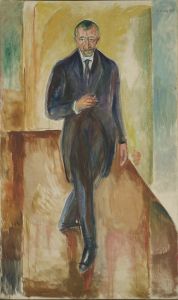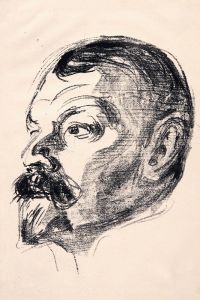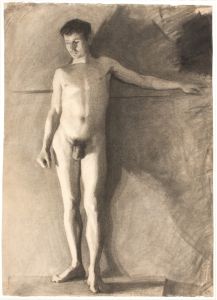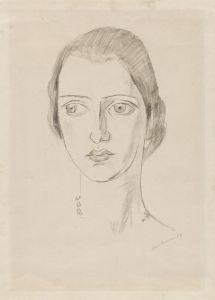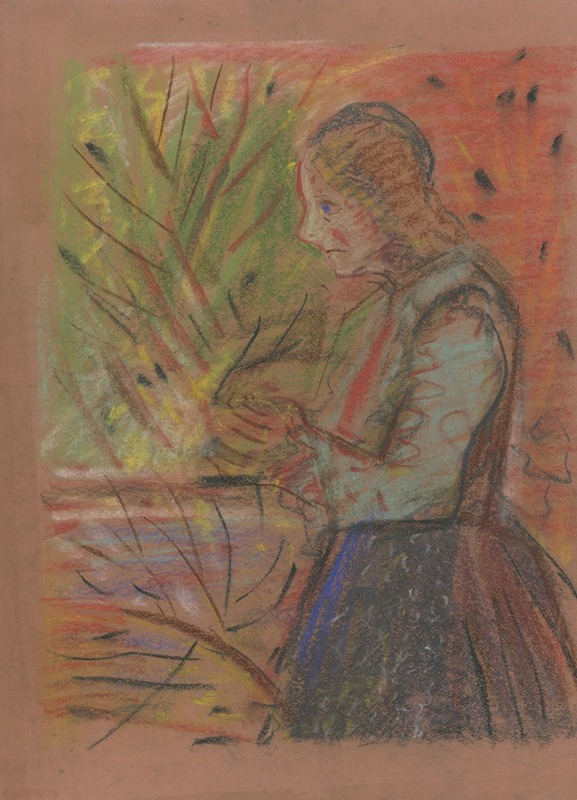
Old Woman
A hand-painted replica of Arnold Peter Weisz-Kubínčan’s masterpiece Old Woman, meticulously crafted by professional artists to capture the true essence of the original. Each piece is created with museum-quality canvas and rare mineral pigments, carefully painted by experienced artists with delicate brushstrokes and rich, layered colors to perfectly recreate the texture of the original artwork. Unlike machine-printed reproductions, this hand-painted version brings the painting to life, infused with the artist’s emotions and skill in every stroke. Whether for personal collection or home decoration, it instantly elevates the artistic atmosphere of any space.
Arnold Peter Weisz-Kubínčan (1898–1944) was a Slovak-Jewish painter whose work is associated with modernist and expressionist movements. His art often reflected themes of human suffering, spirituality, and the socio-political turmoil of his time. Among his notable works is Old Woman, a painting that exemplifies his distinctive style and thematic focus.
Old Woman portrays an elderly female figure, rendered with a deep sense of emotion and introspection. The painting is characterized by its expressive brushwork and a muted color palette, which contribute to the somber and contemplative mood of the piece. The subject’s lined face and weary expression evoke a sense of life’s hardships, resonating with the broader existential themes that Weisz-Kubínčan explored in his art.
Weisz-Kubínčan’s career was tragically cut short during World War II. As a Jewish artist living in Slovakia during the Holocaust, he faced persecution under the Nazi regime. In 1944, he was arrested and later executed in a concentration camp. Much of his work was lost or destroyed during this period, making surviving pieces like Old Woman particularly significant.
Due to the scarcity of surviving documentation about Weisz-Kubínčan’s life and work, specific details about the creation of Old Woman, such as its exact date or the identity of the model, remain unknown. However, the painting is often interpreted as a reflection of the artist’s empathy for the marginalized and his ability to capture the human condition with profound sensitivity.
Today, Arnold Peter Weisz-Kubínčan’s work is recognized for its artistic and historical value. His surviving paintings, including Old Woman, serve as a testament to his talent and as a poignant reminder of the cultural losses suffered during the Holocaust.





